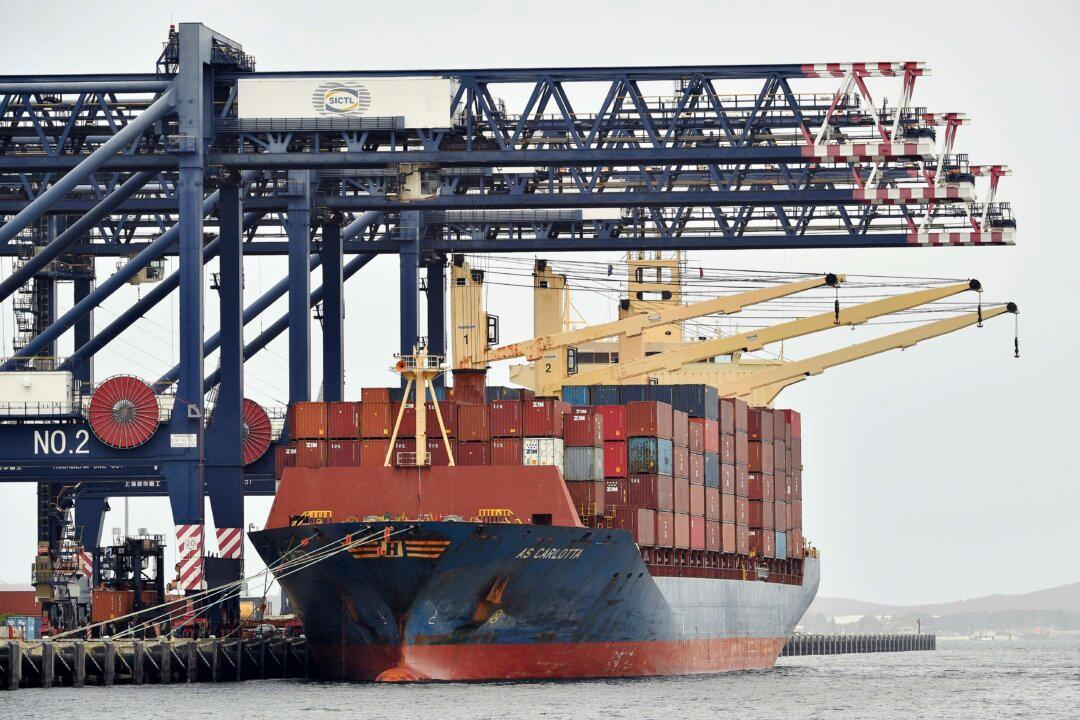A think tank has revealed that the COVID-19 pandemic negatively impacted over half of small exporters in Western Australia (WA).
At a parliamentary inquiry hearing on Oct. 8, Daniel Kiley, a senior research fellow at the Bankwest Curtin Economics Centre (BCEC), said that while international trade brought about many opportunities for Australian businesses, it subjected them to significant risks.





